Transportation
Senator Favola believes that we must pursue a multimodal approach to transportation to improve our quality of life and ensure that getting from place to place is safe and efficient whether one chooses to travel by foot, bike, car, or public transport. She understands the frustration of traffic congestion, particularly in Northern Virginia, and will continue to work to come up with new and innovative ways to address this issue.
Senator Favola believes we need to focus on greener transportation methods, such as public transit. Metro in particular is critical to the success of Arlington and the entire Northern Virginia region. Senator Favola has been a strong advocate for fully funding Metro and has pushed to identify a dedicated source of revenue for Metro. She supported a bill to establish the Metrorail Safety Commission, an interstate independent authority that oversees and enforces safety practices on the Metrorail system. Senator Favola is also a proponent of smart growth around our metro corridors, which concentrates mixed use development in these walkable, compact, urban centers to avoid sprawl.
Senator Favola has passed legislation to keep pedestrians and bikers safe, including a bill to allow localities in Northern Virginia to decrease the speed limit in school crossing zones. She was also part of the bipartisan deal to expand I-66 inside the beltway, which has reduced congestion and significantly cut commute times. The compromise included important improvements such as adding an eastbound lane on I-66 between the Dulles Connector Road and Fairfax Drive and improving access to the West Falls Church Metro Station. The improvements also included a new bridge for the W&OD Trail over Route 29 (Langston Blvd.) to provide safe access for cyclists and pedestrians.
The demand for multimodal transportation options is increasing due to the creation of an additional Amazon Headquarters (HQ2) in Crystal City and other ongoing development in the Crystal City and Pentagon City areas. Senator Favola is working with the National Landing Business Improvement District (BID) and the collective business communities of Crystal City, Pentagon City, and Potomac Yard in an effort to convert Route 1 from an elevated highway into a safe, multimodal, urban boulevard.
Senator Favola also effectively advocated to ensure that Dulles Airport received necessary funding to offset expenses associated with keeping it a major national and international hub. This is critical to our region and the Commonwealth because Dulles is a major economic engine and a popular stop for connecting flights.

